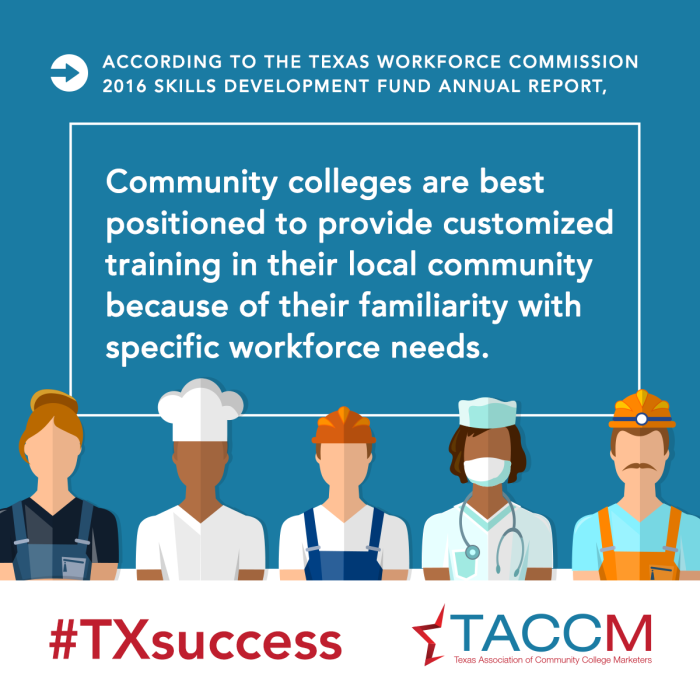Harvey HELP will enable individuals, institutions, foundations, and corporations to contribute funds for emergency aid for Texas college students as they recover from storm and return to classroom
AUSTIN, TEX. (Sept. 1, 2017) — Texas and national leaders from higher education associations, institutions, foundations, and businesses have come together to launch the Harvey HELP Fund, a crowd-sourced relief fund dedicated to aiding the close to 500,000 students impacted by Hurricane Harvey–almost a third of all of the college and university students in the state. Announced today, HELP, which stands for Higher Education Learning Pathways, will provide emergency funds to enable students in southeast Texas to stay on or more quickly return to their education pathway.
“The storm has disrupted hundreds of thousands of students’ lives, most of whom were just about to start the new school year. We all know students, neighbors, and fellow Texans who are now displaced from their homes, employment, schools, and are even coping with the loss of loved ones,” said Dr. Richard Rhodes, President of Austin Community College. “Like volunteers and citizens across this country, we were determined not to just stand by, but to take action. We formed Harvey HELP to pool the collective strength, resources, and passion of higher education to enable and streamline community support for these students. We want to make sure the students have what they need to overcome these challenges and return to the classroom.”
The relief efforts are being led by the Texas Higher Education Coordinating Board (THECB), Austin Community College (ACC), Texas Association of Community Colleges (TACC), Independent Colleges and Universities of Texas (ICUT), Council of Public Universities Presidents and Chancellors (CPUPC), Civitas Learning, and Communities Foundations of Texas (CFT), the parent of Educate Texas.
Tax-deductible donations can be made through the Harvey HELP GoFundMe page at GoFundMe.com/HarveyHELPStudents or directly through Communities Foundation of Texas. The Communities Foundation of Texas is serving as the charitable partner as education has been a primary focus of its philanthropic investments and through Educate Texas, its statewide, public-private initiative.
Emergency aid will help students and their families recover from and manage immediate life-and-logistics emergencies so they can afford to resume their studies and complete their higher education pathways. Research shows that many students leave school because of non-academic challenges related to work, family, and personal finance. Hurricane Harvey is likely one of the most extreme examples of the range of issues that can knock students off their education pathway.
“This is an opportunity for anyone, within the higher education community or beyond, within Texas or beyond, to make a real difference,” said Dr. Mark Milliron, Co-Founder and Chief Learning Officer of Civitas Learning, one of the corporations stepping up to donate. “With Harvey HELP, everybody who believes deeply in the power of education to change lives has a simple way to get involved and help the tens of thousands of students who were planning on attending Texas colleges this Fall and are now grappling with much more pressing challenges than getting to class, including finding food, shelter, transportation, child care, health care, and more.”
To ensure that all of Harvey HELP’s funds are used in a way that best benefits students, Harvey HELP’s steering committee of nonprofit and institutional leaders will evaluate applications from colleges and universities. Approved institutions will receive Harvey HELP’s funds to support aid programs, respond to their students’ specific needs, and help with students’ school expenses – such as tuition and textbooks – as well as personal expenses like transportation, rent, and groceries.
To get involved or donate to the fund, visit www.GoFundMe.com/HarveyHELPStudents or contact Carolyn Newham at the Communities Foundation of Texas at 214-750-4146.
###
About Communities Foundation of Texas: Communities Foundation of Texas works with families, companies and nonprofits to strengthen our community through a variety of charitable funds and strategic grant making initiatives. Communities Foundation of Texas is committed to serving and understanding donor needs, expertly handling complex gifts, wisely managing charitable funds, and leveraging its community knowledge to increase charitable impact. CFT professionally manages nearly 1,000 charitable funds and has awarded more than $1.7 billion in grants since its founding in 1953.
www.cftexas.org. Facebook: www.facebook.com/CFTexas Twitter: @GiveWisely
Media Contact: Ben Heverly, heverly@whiteboardadvisors.com, 202-851-3622


 Community College Day at the Texas State Capitol: February 7, 2017
Community College Day at the Texas State Capitol: February 7, 2017



 Meet Ashlee Estlack, TACCM’s board secretary and Clarendon College’s Chief of Staff.
Meet Ashlee Estlack, TACCM’s board secretary and Clarendon College’s Chief of Staff.
 Fabiola Chavez and Kingsley Scott wanted to make sure they were more than ready for their university experiences.
Fabiola Chavez and Kingsley Scott wanted to make sure they were more than ready for their university experiences.